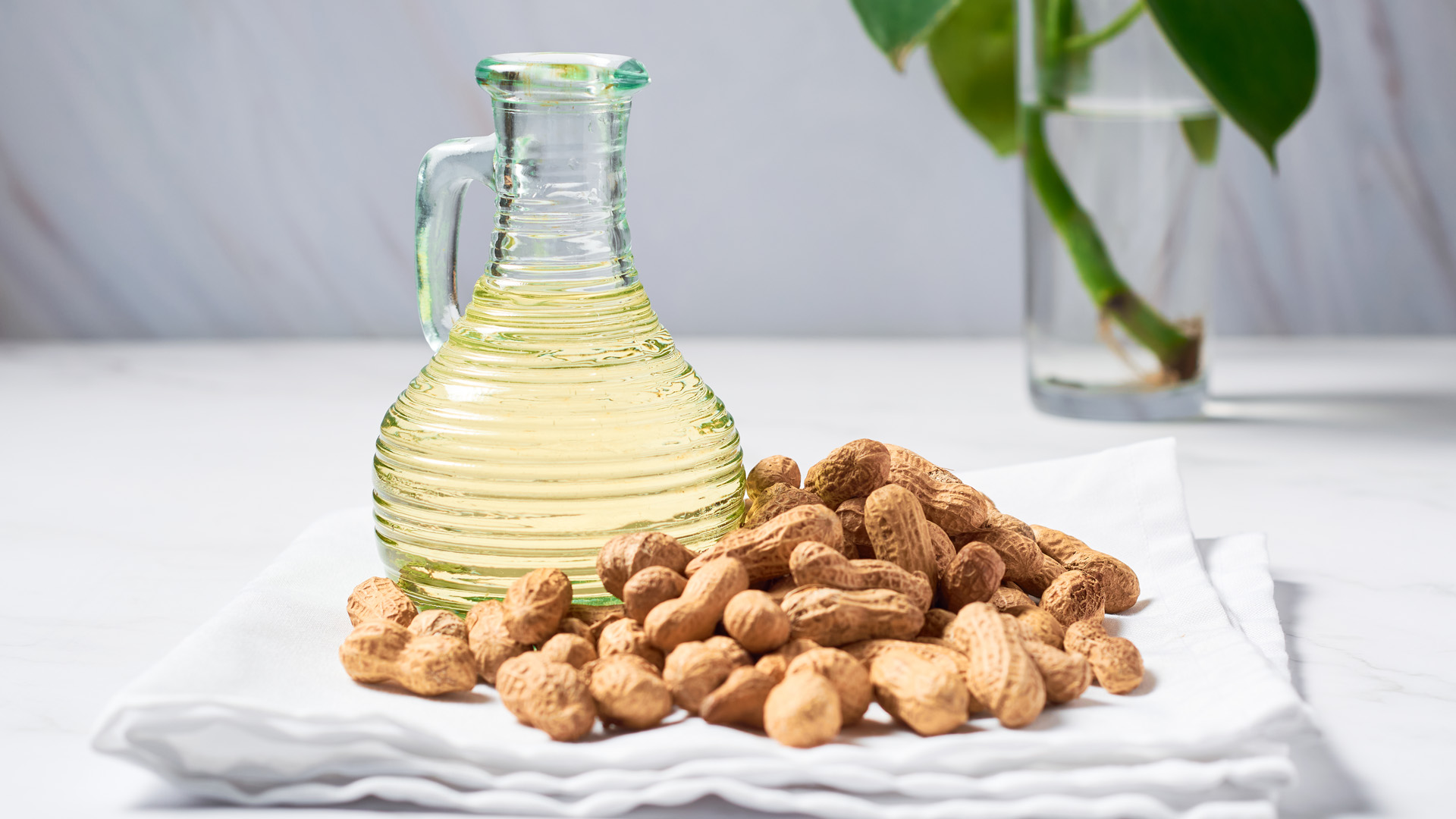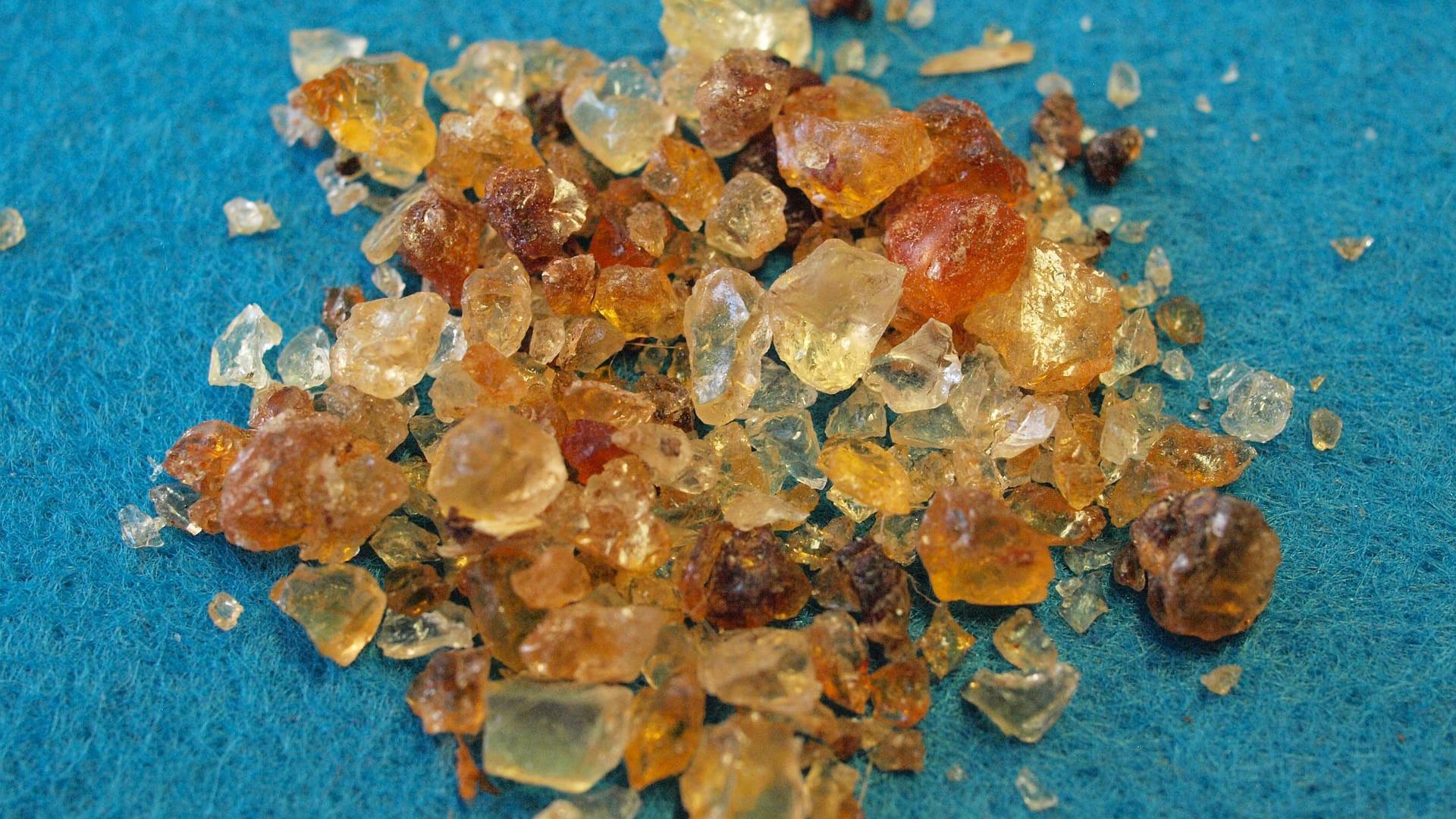Peanut oil is a healthy alternative to other oils such as olive, canola, and vegetable oils. Also known as groundnut oil, peanut oil has a high smoke point and neutral taste that makes it great for sautéing and frying. It has more monounsaturated fats than other oils and is rich in vitamin E. Peanut oil also has a high level of oleic acid, which is good for the heart. Peanut oil consists mainly of saturated fatty acids with 45-50% of them being oleic acid, the same found in olive oil. The rest consists of palmitic acid (15%) and stearic acid (9%). In comparison, olive oil has 10% oleic acid; canola oil has 12%; sunflower oil has 15%, and lard has 44%. As these are all unprocessed oils, they also have no trans fats like processed vegetable oils do.
What’s the Difference Between Peanut Oil and Other Oils?
When it comes to the nutritional value, peanut oil and other vegetable oils have very little difference. The main difference between peanut oil and other oils is the taste. Peanut oil has a milder, less “vegetable” taste, as well as less omega-6 fatty acids, which can contribute to inflammation. In fact, the difference in taste is so obvious that most people would use peanut oil instead of other oils. It’s recommended that you substitute peanut oil with sunflower oil if you are trying to make a salad dressing where you want a neutral taste. Canola oil and peanut oil are also interchangeable depending on the recipe. Peanut oil’s high smoke point also makes it a better choice for high-temperature cooking. Although this is true for all vegetable oils, peanut oil’s high oleic acid content makes it stand out.
Benefits of Peanut Oil
Peanut oil is rich in vitamin E that has anti-aging properties. It is also a good source of monounsaturated fats, which reduce the bad cholesterol and increase the good cholesterol in the body. Peanut oil is also known to be low in saturated fats and sodium. The oil contains a high amount of oleic acid, an essential fatty acid that is good for the heart. It has a high smoke point of about 450 degrees Fahrenheit, making it suitable for high-temperature cooking. The neutral taste of the oil makes it ideal for cooking various dishes, including stir-fried veggies, Asian-style noodles, or grilled meat.
Drawbacks of Peanut Oil
Despite its many benefits, peanut oil also has some drawbacks. All vegetable oils, including peanut oil, may be bad for people with peanut allergies. The oil is also high in polyunsaturated fatty acids, which can go rancid easily, especially at room temperature. Since the oil is rich in polyunsaturated fats, it is not suitable for people who are at risk of heart disease. It is also not recommended for people who have high cholesterol.
How to Choose a Good Peanut Oil?
When choosing peanut oil, make sure that it is cold-pressed, virgin, and has “peanut oil” listed as the first ingredient. The oil should be stored in an opaque container in a cool, dark place away from direct sunlight. The peanut oil should have a thick consistency and a slightly sweet smell. If the oil is overly thick, it has been improperly handled or stored, and you should avoid it. If the oil smells rancid or smells strongly of peanuts, it has gone bad.
Final Words
Besides the abovementioned benefits, peanut oil is also good for the skin and hair because of its high vitamin E content. It is also an excellent source of monounsaturated fats that are heart-friendly. If you want to cook in a healthier way, you may want to consider using peanut oil. Peanut oil is a healthy substitute for other vegetable oils. It contains less saturated fat as compared to other vegetable oils. Peanut oil has a high smoke point, making it suitable for high-temperature cooking. Although there are many benefits of using peanut oil, there are some drawbacks as well. People with peanut allergies should avoid using peanut oil as it may cause an allergic reaction.
Gezira Group
Gezira is one of the most effective dealers of Gum Arabic in Sudan. It has a deeply rooted heritage of its activities as well as it being widely established and developed its practice in collecting, sorting, cleaning and transporting gum from our resources to Port Sudan. We have a large warehouse in Port Sudan where all goods are identified, inspected and repacked by experienced inspectors to match our client’s needs. In addition, we currently installed a lab for the testing of Gum. In addition, we have a full tracking system that tracks the product from the field until it reaches to the container. With more than 21 years of experience, the company continues to reinvent its business and drive it to new heights of performance with innovative and different products and customer partnerships.



